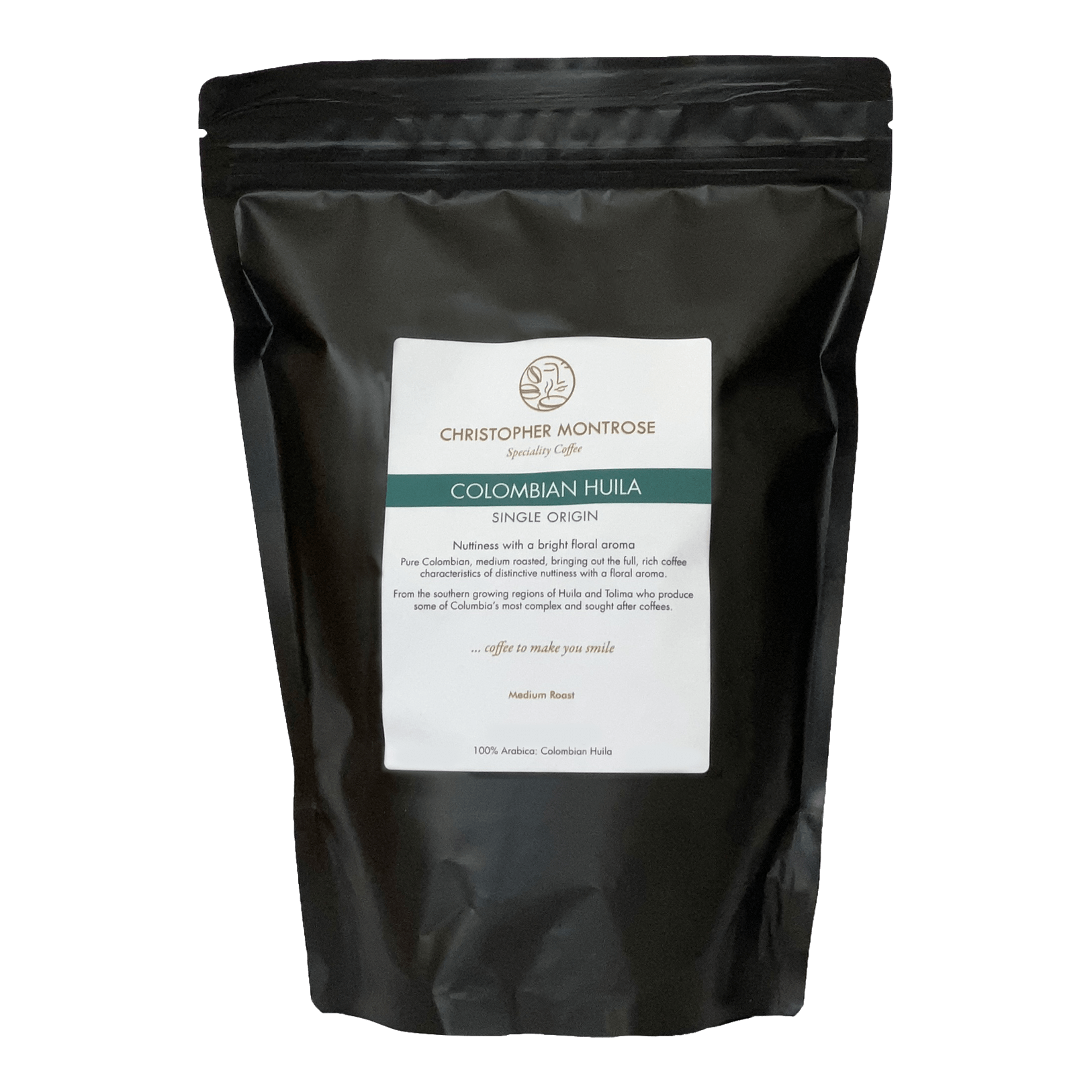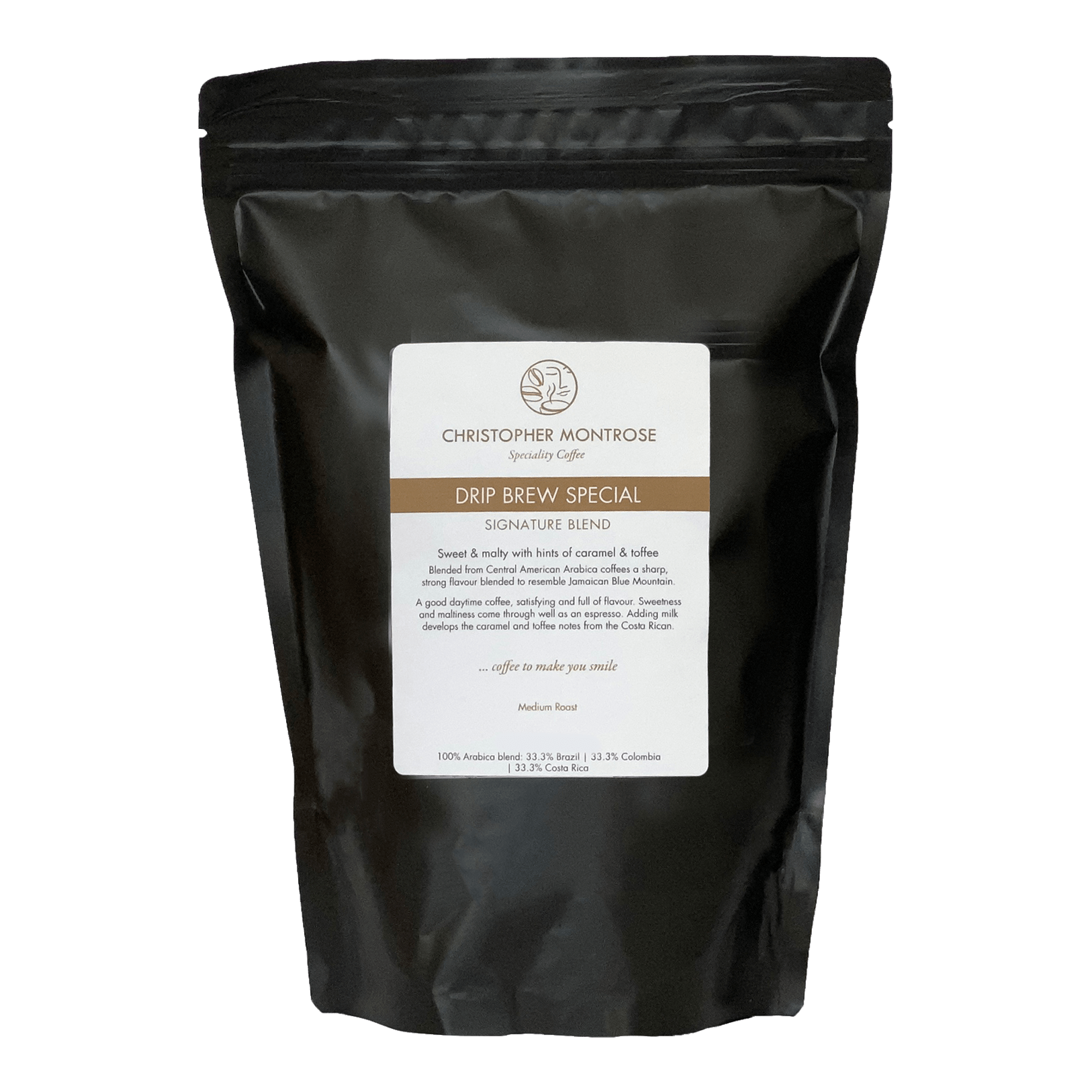
25% off your next order, when you join our newsletter.
25% off your next order, when you join our newsletter.
The world’s most widely-consumed coffee, the Arabica bean, has been in danger from global warming and smaller harvests for at least the past three years.
But, according to an article published by the BBC on its news website, there may soon be an alternative, Liberia.
Droughts, and higher temperatures, which attract more pests and diseases, are affecting Arabica production, which is highly sensitive to changes in both temperature and humidity.
This is a serious problem for growers, given that it takes four years for a coffee plant to mature and yield its first crop.
Liberica is native to central and western Africa, but its cultivation is centred in the Philippines.
It is a tougher bean that’s tricky to process, and perceived as producing a less desirable flavour but, according to the BBC article, it is being grown and studied in Palm House at Royal Botanic Gardens, Kew.
Liberica is reportedly a tougher bean that’s tricky to process, but researchers at Kew are focusing on a subspecies of liberica with a smaller bean – called excelsa, said to have a better flavour than liberica of which it is a subspecies.
Liberica has been welcomed by the International Coffee Organisation as a possible solution t the problems of a shortage of Arabica supply compared with the demand.
We’ll be watching to see how the research unfolds.













© 2024 Christopher Montrose Limited. All rights reserved.